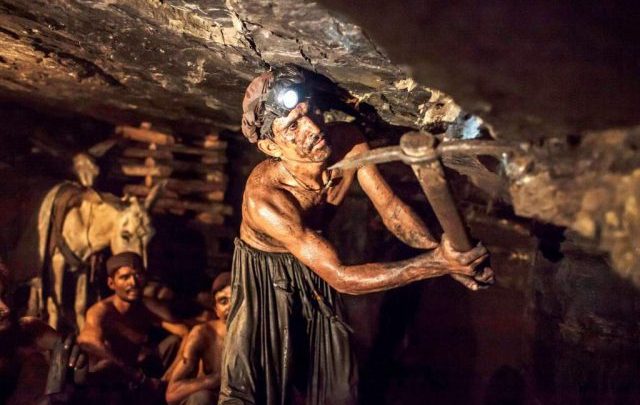Shangla, an impoverished mountainous district in northwestern Khyber Pakhtunkhwa Province, reels from mining accidents. Almost every week, someone from Shangla is killed or injured in a mining accident but unfortunately, the successive governments have not taken any concrete step to heal their wounds. Worst still,However, the lifestyle of the Shangla’s people can be transformed, if the political elites want so.
Some effective and productive schemes should be implemented in the district in order to lessen the abject poverty and convince the people to abandon death game in coal mines for breed and butter. Following are some suggestions which, if the government implements honestly, can change the fate of the impoverished people.
Infrastructure:
Concrete, steel and fiber-optic cable are the essential building blocks of the economy. Infrastructure enables trade, powers businesses, connects workers to their jobs, creates opportunities for struggling communities, and protects the nation from an increasingly unpredictable natural environment. But, in case of Shangla, the infrastructure is very poor.
The area is mountainous having unpaved and rotten roads. No political leader has yet pay attention to the issue. If infrastructure is given priority ; it can improve the economy of the locals.
Tourism and economy:
Tourism boosts the revenue of the economy, creates thousands of jobs, develops the infrastructures of a country, and plants a sense of cultural exchange between foreigners and citizens. The importance of tourism for the economy can be judged from the following case study. Melbourne, Australia’s population is greatly affected by tourism. It has a population of around 4 million people and around 22,000 citizens are employed by the tourism sector only. Fortunately,
Shangla is one of the beautiful districts of KP. It has many top tourist spots but,due to lack of facilities, it attract a little number of tourists. If the government materialises it; the economic status of the locals can be improved.
Vocational education: an engine for economic prosperity
Vocational education and training (VET) has in recent years enjoyed a revival in academic research as well as in the political arena. In relation to developing countries, bilateral aid agencies, the World Bank and United Nations Educational, Scientific and Cultural Organization (UNESCO) advocate vocational education to reduce poverty, promote economic growth and increase competitiveness. Therefore, the government should install such project in the district to mainstream the huge bulge of uneducated youth both male and female, into the economic activity.
Education contribution to an economy:
Education has positive impacts on the economy of the country. According to research conducted in Australia, over the period from 1969 -2003,per capita, real GDP in Australia increased by 1.9 percent per annum. Of this, about 31 percent was contributed by education. If a similar approach is adopted by the ruling party; the overreliance of the locals on coal mines can be significantly overcome.
To cap it all, heavy dependence on coal mines is the last resort for the people of Shangla. They have no other alternatives. If the incumbent government takes bold and pertinent initiative for the cause; it can surely dawn a new morning in the Shangla.








